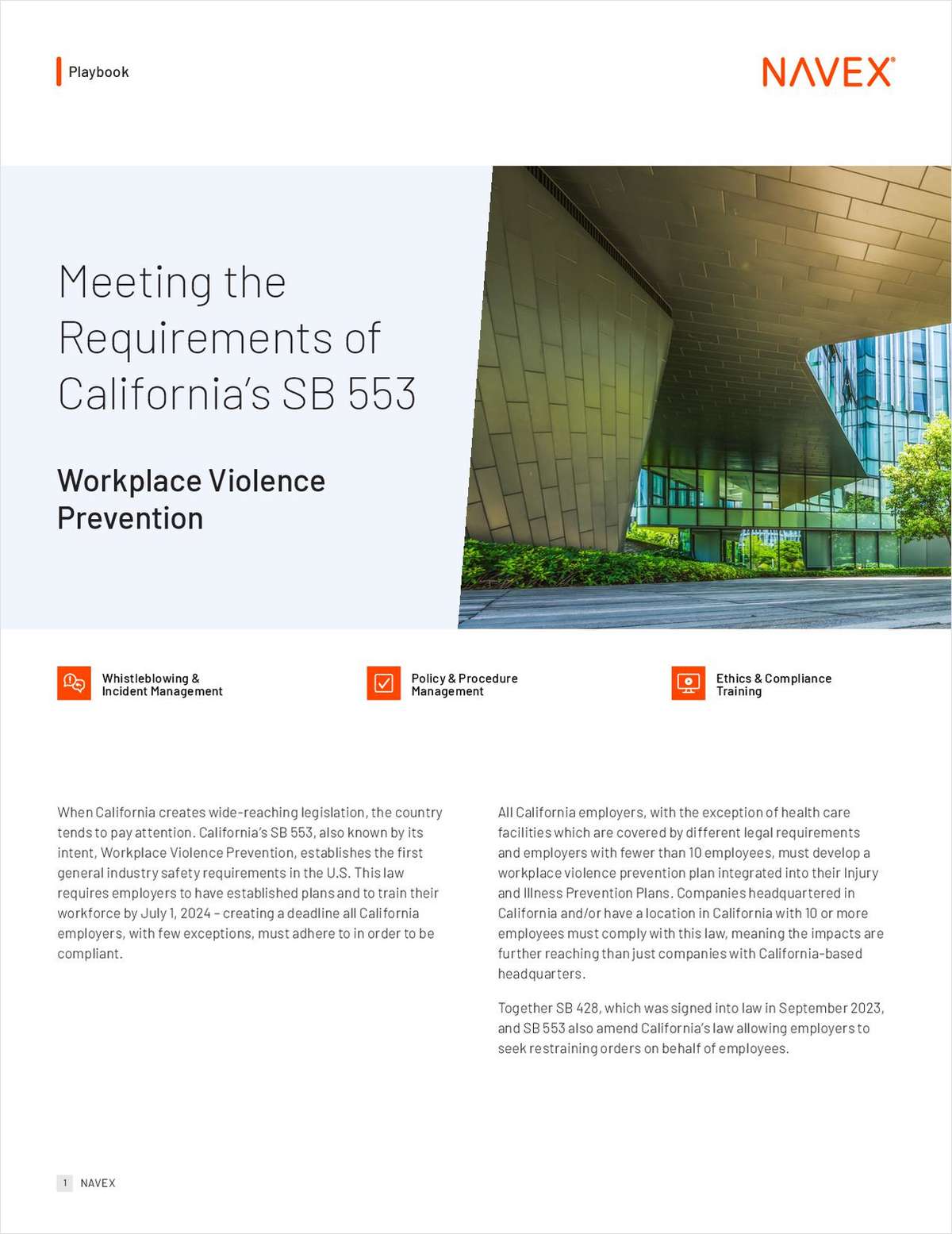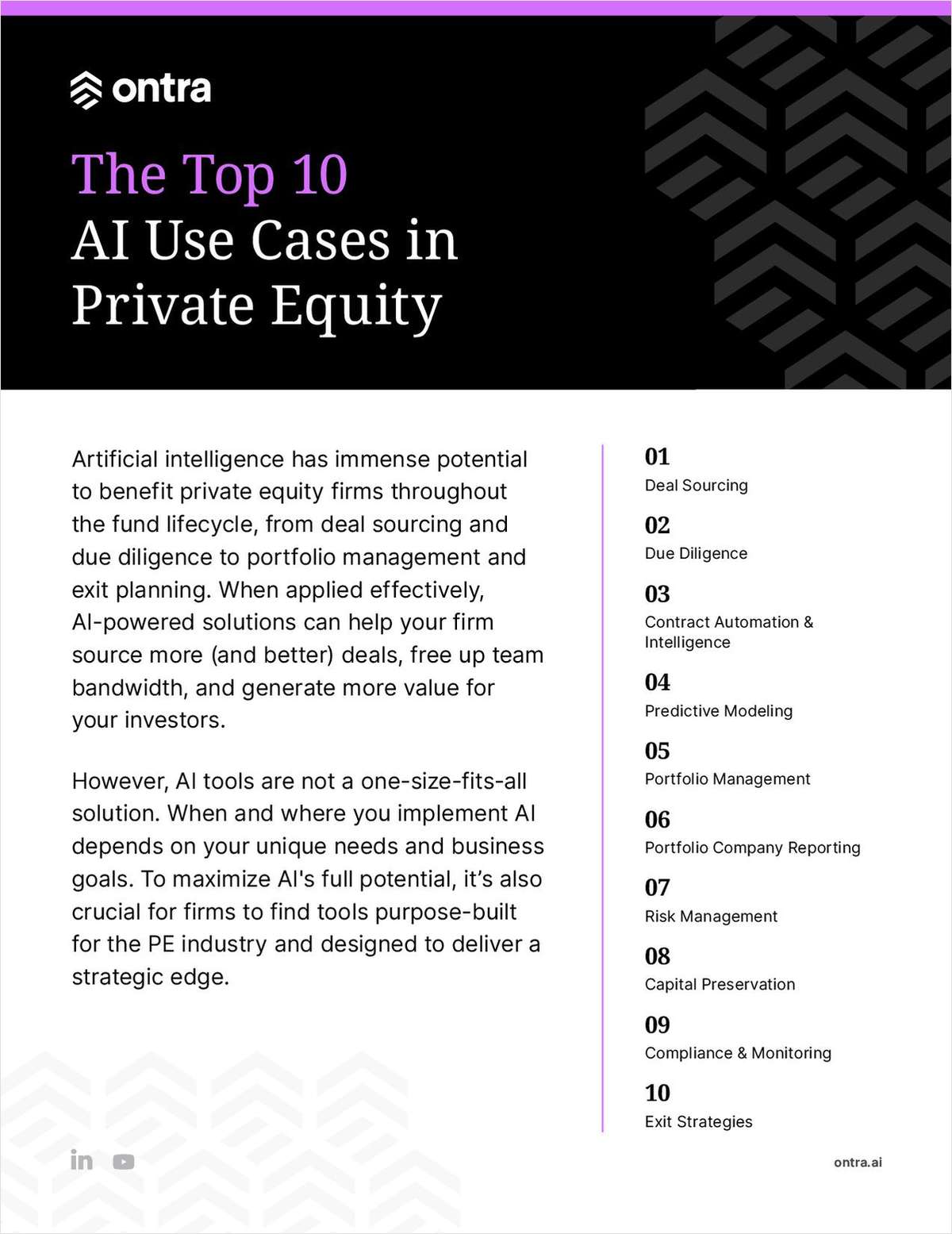Justice O'Connor Diagnosis Highlights 'Inevitability' of Dementia Among Lawyers
While law firms are still underprepared, some recent initiatives may help prepare them for a world in which lawyers are practicing later and later into old age.
October 29, 2018 at 05:00 AM
6 minute read

The news that former U.S. Supreme Court Justice Sandra Day O'Connor has dementia has brought renewed attention to the potential of age-related cognitive impairment in lawyers. While several in the industry say law firms are still underprepared to address a diagnosis among their lawyers, some recent initiatives can help firms prepare for what observers say is unavoidable as lawyers practice longer.
O'Connor, now 88 years old and the first woman to serve on the U.S. Supreme Court, said Tuesday that “some time ago, doctors diagnosed me with the beginning stages of dementia, probably Alzheimer's disease.” She said she is no longer able to participate in public life, but urged a national commitment to civics education.
Attorney Patrick Krill, a consultant to firms on mental health and impairment issues, said to his knowledge, the former justice “is the most high profile member of the legal profession who has come forward and personally shared the diagnosis of Alzheimer's. I do think it will generate more of a conversation around these issues.”
David Stark, a retired partner Faegre Baker Daniels, said he was hopeful “it will spur people on to create a needs assessment, action plan and wellbeing policy for their firm.”
O'Connor's announcement shows there is no shame associated with a dementia diagnosis, said Steven Wall, managing partner of Morgan, Lewis & Bockius. “When leaders of the profession,” speak about issues they're confronting,” he said, “it raises transparency and raises discussion. Really smart people get to the right place.”
Still, some members on the American Bar Association's Working Group to Advance Well-Being in the Legal Profession, including Stark and Krill, said it's too soon to see any immediate ripple effect or meaningful discussion among firms or other legal employers.
While Bree Buchanan, chair of the ABA's Commission on Lawyer Assistance Programs, said O'Connor's announcement would raise awareness, she said she was not optimistic it would change how the legal community addresses the onset of dementia.
“It will require a more sustained focus and effort to bring about a systematic change in how law firm cultures handle their members, partners, shareholders who have a diagnosis of dementia or onset of Alzheimer's or some sort of cognitive impairment,” she said, adding the announcement “could be, and I think it is, the beginning of a dialogue around this issue.”
Buchanan has said that “the preferred path of many lawyers is to ignore it for as long as possible, to turn a blind eye on the trouble and hope it goes away.”
That's the reaction of some despite the increasing odds that law firms will inevitably face the issue in their senior attorneys and staff, especially as more attorneys practice into their late 60s and 70s, The American Lawyer reported in February.
By 2025, the number of people age 65 and older with Alzheimer's dementia is projected to reach 7.1 million—almost a 29 percent increase from the 5.5 million age 65 and older affected in 2018, according to the Alzheimer's Association.
“We have a silver tsunami that is about to hit us, with lawyers my age retiring or close to retiring,” Stark said.
At Morgan Lewis, Wall said, the firm has “dozens of partners” who are exceptions to the firm's mandatory retirement age of 65. “I do believe as our senior partners continue to work for more and more years past the retirement age, the issue of mental acuity is a real one, but it's one over which I do not have much concern because of the collaborative nature of how we work together,” he said. “I would be much more concerned if we had a culture of people working in silos, working by themselves.”
O'Connor retired from the court about 12 years ago to help care for her husband, John Jay O'Connor, who himself had been diagnosed with Alzheimer's disease years before. He had worked an attorney at Miller and Chevalier and Bryan Cave.
Pledge Tools
Yet members of the ABA working group and others were hopeful that some of the group's efforts would help firms address cognitive decline in their lawyers and staff. Last month, the ABA group launched a pledge campaign for legal employers to combat the profession's high rates of substance abuse and mental health problems, asking firms to adopt a seven-point framework.
Age-related cognitive impairment was not a driving force behind the pledge, simply because it affects a smaller percentage of the profession, Krill said. But the steps in the framework can help firms proactively address the potential for dementia in their attorneys and staff, he said. That includes law firms pledging to provide education to their personnel on well being and mental health issues; developing visible partnerships with outside resources, including lawyer assistance programs; and providing confidential access to health experts and resources.
While the pledge started with 13 law firms, it is now up to about 25 firms, Krill said, including most recently Skadden, Arps, Slate, Meagher & Flom.
“By signing on to the ABA pledge, we are demonstrating our commitment to our talented attorneys and staff, and enabling and encouraging individuals throughout our profession to prioritize their personal health and well-being,” said Jodie Garfinkel, Skadden's director of professional personnel and attorney development, in a statement.
The ABA working group continues to develop model law firm policies that firms could review and adapt to handle a range of impairment issues in lawyers and staff. The model policies could go to the ABA's House of Delegates early 2019, Krill said.
In his own consulting practice, Krill said he is now asked about law firm best practices for dementia. “This is an increasing area of focus for law firms that they continue to wrestle with and focus on,” Krill said.
And while they are separate impairment issues, a reduction in heavy drinking may help individuals reduce their risk of dementia. Krill points to a recent study suggesting heavy alcohol use is the biggest modifiable risk factor for dementia. ”This really does have implications for lawyers and for most of the profession,” he said.
Beyond signing on the pledge, he said, law firms can effectively help lawyers and staff with dementia if they plan for it in advance. “What I don't think makes sense is to wait until they're confronted with a problem, to wait for a protocol or approach to assist the persons or transition out of the firm,” Krill said. “It's going to occur. It's an inevitability in any firm of a given size.”
Read More:
This content has been archived. It is available through our partners, LexisNexis® and Bloomberg Law.
To view this content, please continue to their sites.
Not a Lexis Subscriber?
Subscribe Now
Not a Bloomberg Law Subscriber?
Subscribe Now
NOT FOR REPRINT
© 2024 ALM Global, LLC, All Rights Reserved. Request academic re-use from www.copyright.com. All other uses, submit a request to [email protected]. For more information visit Asset & Logo Licensing.
You Might Like
View All
A&O Shearman Adopts 3-Level Lockstep Pay Model Amid Shift to All-Equity Partnership
3 minute read
Cleary Creates Nonequity Partner Tier, Calling for 'Innovation and Adaptation'
5 minute read
Law Firm Library and Research Roles, Long Endangered, Are Making a Comeback
5 minute read
Baker McKenzie Sets Profitability Goals, Focusing on New York
Trending Stories
- 1The Law Firm Disrupted: Playing the Talent Game to Win
- 2A&O Shearman Adopts 3-Level Lockstep Pay Model Amid Shift to All-Equity Partnership
- 3Preparing Your Law Firm for 2025: Smart Ways to Embrace AI & Other Technologies
- 4BD Settles Thousands of Bard Hernia Mesh Lawsuits
- 5A RICO Surge Is Underway: Here's How the Allstate Push Might Play Out
Featured Firms
Law Offices of Gary Martin Hays & Associates, P.C.
(470) 294-1674
Law Offices of Mark E. Salomone
(857) 444-6468
Smith & Hassler
(713) 739-1250








